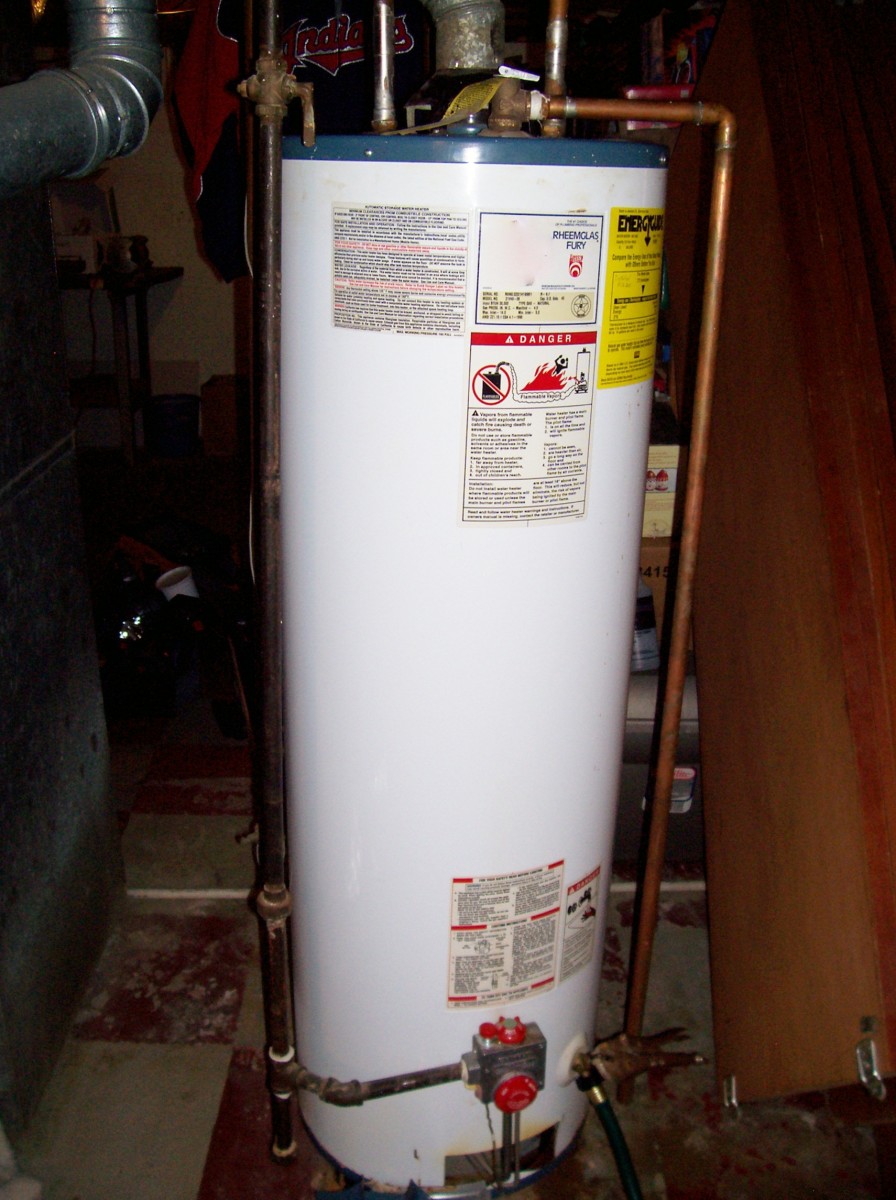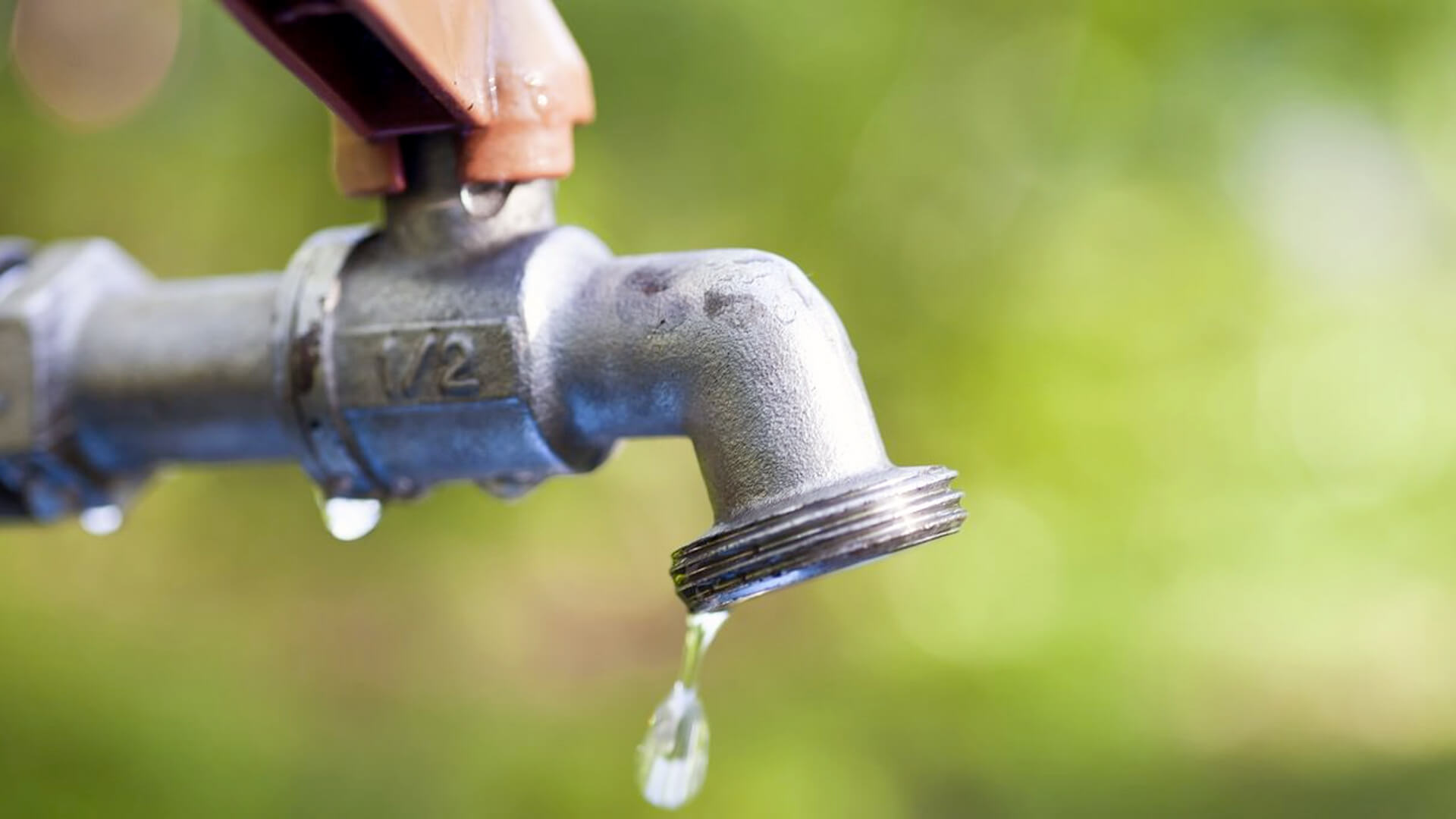5 Typical Water Leak Triggers
5 Typical Water Leak Triggers
Blog Article
Right here in the next paragraph you will find additional awesome guidance pertaining to Reasons for Water Heater Leaks.

"Beware of little expenses. A tiny leakage will certainly sink a wonderful ship." - Benjamin Franklin.
He could not have been much more ideal since water leaks in our residences lead to a waste of resources, increasing our water costs. Although this increase could seem negligible in the beginning, it can result in significant costs that can break your financial institution. In addition to an increase in costs, water leakages likewise trigger undesirable organic growth, architectural damages, and even electrical threats.
Figuring out if you have a water leak isn't always very easy as a result of being incapable to see most of the pipework in your home. However, If you have had a boost in your water expenses lately, observed water spots on ceilings and walls, scented poor smell, and so on. You could intend to consider requesting plumbing services to get it checked out.
There are a number of root causes of water leakages, and also we have assembled the common reasons listed below. Check to see if you have had related issues in your house lately.
Clogged drains
Food fragments, dirt, as well as grease can cause stopped up drains pipes and obstruct the flow of water in and out of your sink. Increased stress within the gutters can create an overflow and also finish up fracturing or breaking pipelines if undealt with. To prevent stopped up drains in your home, we advise you to stay clear of putting particles down the drain and also routine cleaning of sinks.
High water stress
You observed your house water pressure is higher than common but after that, why should you care? It runs out your control.
It would be best if you cared due to the fact that your average water stress need to be 60 Psi (per square inch) and although your house's plumbing system is designed to stand up to 80 Psi. A boost in water stress can place a strain on your house pipes and also result in cracks, or even worse, ruptured pipes. Obtain in touch with an expert concerning controling it if you ever before observe that your residence water stress is greater than typical.
Deterioration
As your pipework gets older, it gets weak as well as more at risk to rust after the constant flow of water with them, which can eat away at pipes and also cause cracks. A visible indicator of rust in your home plumbing system is discoloration and also although this could be difficult to identify due to most pipelines hidden away. Once they are old to make certain an audio plumbing system, we suggest doing a constant appointment every few years and also change pipes
Damaged pipeline joints
Pipe joints are the components of our plumbing system where the pipelines connect. It is important to keep in mind that even though pipelines are designed to withstand stress and last for a while, they weren't created to last permanently; as a result, they would deteriorate over time. A common indication of damaged pipeline joints is extreme sound from faucets.
Damaged seals
Another reason for water leaks in houses is damaged seals of residence devices that use water, e.g., a dishwashing machine. When such devices are set up, seals are mounted around water adapters for very easy flow of water through the device. A damaged seal can trigger leak of water when in use.
With little or no understanding of plumbing, comprehending your home's plumbing system enough to repair some of these concerns (without repercussion) can be a problem. Contact plumbing professionals in Pittsburgh, Divine Superintendence, Rochester, and also environ today, and also they'll make those problems disappear.
He couldn't have been a lot more appropriate since water leakages in our residences result in a waste of sources, boosting our water expenses. If you have had an increase in your water costs recently, noticed water discolorations on ceilings and also walls, smelt poor smell, etc. An increase in water pressure can place a stress on your home pipelines and also lead to splits, or worse, ruptured pipelines. Another cause of water leaks in houses is damaged seals of residence devices that make use of water, e.g., a dishwasher. When such appliances are installed, seals are set up around water ports for simple passage of water through the equipment.
5 TIPS IN DETECTING A WATER LEAK IN YOUR HOUSE
Water leaks can be hard to find in your home, yet they can be so common. We rely on water every day in our home, which is why a leak can cause big problems. By detecting them early, you can save money and further damage, getting the problem fixed as soon as possible. Here are 5 tips to help you detect a water leak in your home, so you can contact a plumber straight away and get the issue sorted.
Check your water meter
Many people underestimate the value of the water meter in their home. It can be one of the best ways to tell if you have a leak early on, so you can get on top of it before issues start arising. Start by turning off all the water in your home: taps, washing machine, dishwasher, etc. Now take a look at the meter – if it’s still changing with everything turned off, it’s likely you have a fast-flowing leak that you need to get on top of straight away. If nothing changes, then leave your meter for an hour or two and come back to it. Did it change in this time? It’s likely you have a slower leak, which isn’t as urgent but still handy to get fixed so it doesn’t become a bigger problem.
Keep an eye on your bill
Another good way to detect a leak in your home is by keeping an eye on your water bill. It helps if you have a past bill from the same period of time. You can compare like for like and determine whether your water usage has increased significantly. If it has, there may be a leak in your system that you haven’t picked up before. A professional plumber can check through all of your pipes and determine where it is coming from.
Look for damage
If you have a leak inside your home, you will notice damage over time. Take a look at your showers and bathtubs and note whether any of the tiles surrounding the area seem to be discoloured or damaged in any way. There may be water stains, mould or peeling material that has resulted from a build up of moisture over time. Make sure you take a look under sinks at the back of cupboards that don’t get accessed regularly. This is where damage can go unnoticed and build up over periods of time.

I found that write up on How to Find and Prevent Water Leaks in Your Home while doing a lookup on the internet. Are you aware of anybody else who is truly interested in How to Find and Prevent Water Leaks in Your Home? Why not share it. Thanks a lot for going through it.
Book 24/7 Report this page